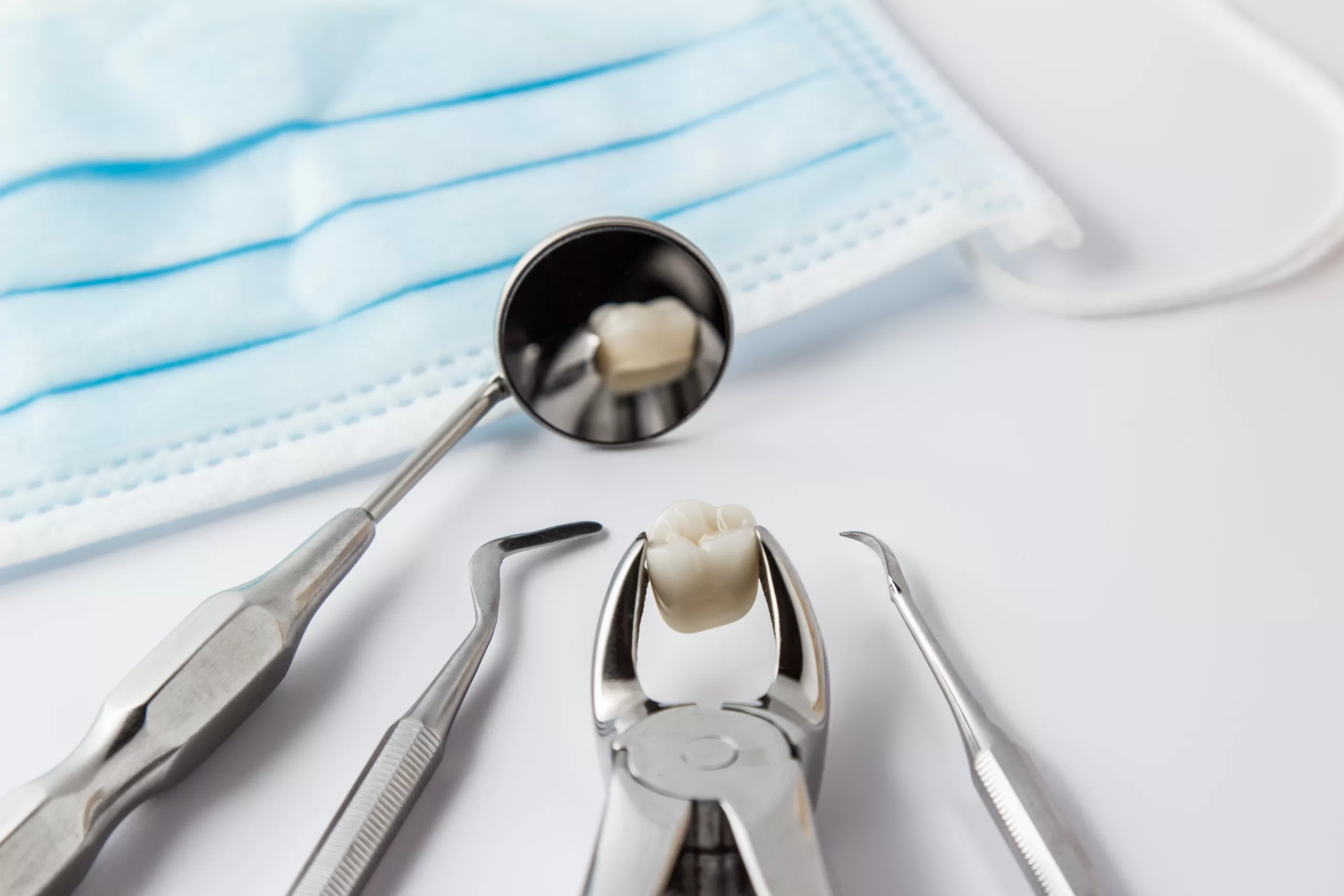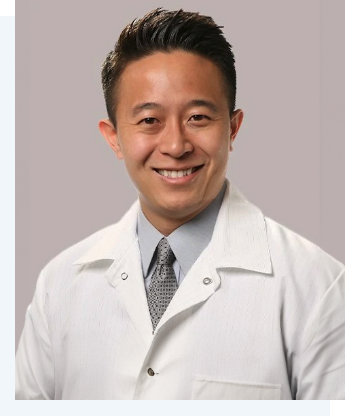Dental implant surgery represents a significant investment in your oral health and quality of life. At Foothill Center for Dental Implants and Oral Surgery, patients frequently ask about dietary restrictions following their procedure. This comprehensive guide will help you navigate eating after dental implant surgery to protect your investment and ensure optimal healing.
Understanding the Healing Process
Before discussing specific food recommendations, it’s important to understand what happens after dental implant placement. When a dental implant is placed, it needs time to integrate with your jawbone—a process called osseointegration. During this critical healing period, which typically lasts 3 to 4 months, protecting the surgical site is essential for successful integration and long-term implant stability.
Board-certified Oral and Maxillofacial Surgeon Dr. Christopher Chan emphasizes that proper nutrition during recovery supports healing while minimizing the risk of complications that could compromise your dental implant.
Immediate Post-Surgery Period (First 24-48 Hours)
The first day or two after dental implant surgery requires the most dietary caution:
Do:
- Stick to clear liquids initially, such as water, apple juice, and broth
- Progress to cool, soft foods like yogurt, pudding, and smoothies (without straws)
- Consume lukewarm (not hot) soups and broths
- Stay well-hydrated by sipping water frequently
Avoid:
- Hot foods and beverages that could increase bleeding
- Straws, which can create suction that may dislodge blood clots
- Chewing near the surgical site
- Alcoholic beverages, which can interfere with healing and may interact with prescribed medications
- Smoking or tobacco products, which significantly impair healing
Soft Food Phase (Days 3-7)
As initial tenderness subsides, you can gradually introduce more soft foods:
Recommended foods:
- Scrambled eggs
- Pasta (well-cooked and soft)
- Mashed potatoes
- Soft-cooked vegetables
- Oatmeal or cream of wheat
- Soft fish (like tilapia or salmon)
- Cottage cheese
- Applesauce
- Smoothies (eaten with a spoon, not a straw)
- Protein shakes
Continue to avoid:
- Crunchy foods (chips, popcorn, nuts)
- Chewy foods (bagels, tough meats)
- Foods with small seeds that could get trapped in the surgical site
- Spicy foods that may irritate sensitive tissues
- Very hot foods or beverages
Transitional Phase (Weeks 2-3)
As healing progresses during the second and third weeks, most patients can begin incorporating more variety:
Foods to try:
- Soft sandwiches
- Softer fruits (bananas, canned peaches, etc.)
- Well-cooked vegetables
- Ground meats
- Soft-cooked rice
- Pancakes
- Soft breads (avoiding crusty varieties)
Remember to chew on the opposite side from your implant site. Your body is still in an active healing phase, and protecting the implant area remains important.
Long-Term Healing Phase (1-3 Months)
During this period, your dental implant is still integrating with your jawbone, though most patients can resume a nearly normal diet:
Guidelines:
- Gradually reintroduce harder foods as comfort allows
- Continue to use caution with extremely hard, crunchy, or sticky foods
- Pay attention to how foods feel—if something causes discomfort when chewing, avoid it temporarily
- Maintain excellent oral hygiene to protect the healing implant site
The Foothill Center for Dental Implants and Oral Surgery team recommends focusing on nutrient-rich foods during this phase to support bone healing around your dental implant.
After Crown Placement
Once your implant has fully integrated and your permanent crown has been placed (typically 3-4 months after implant surgery), you can generally return to your normal diet. However, certain precautions will help protect your dental implant for years to come:
Long-term considerations:
- Avoid using your teeth (natural or implant-supported) as tools for opening packages
- Exercise caution with extremely hard foods like ice, hard candies, or nuts
- Be mindful when eating sticky foods like caramels that could potentially pull on crowns
- Routine oral healthcare such as daily brushing and flossing
- Regular checkups with your general dentist
Nutritional Considerations for Optimal Healing
Beyond texture considerations, specific nutrients support implant success:
Protein
Adequate protein intake is crucial for tissue repair and regeneration. Good soft options include:
- Greek yogurt
- Cottage cheese
- Protein shakes
- Scrambled eggs
- Soft-cooked fish
- Hummus
Calcium and Vitamin D
These nutrients support bone health and implant integration:
- Dairy products (yogurt, milk, soft cheeses)
- Calcium-fortified plant milks
- Smoothies with greens like kale
- Salmon (soft-cooked)
Vitamin C
This vitamin supports collagen production and wound healing:
- Fruit smoothies
- Soft fruits like berries and bananas
- Vegetable soups
Zinc
Zinc aids in tissue healing and immune function:
- Well-cooked legumes
- Ground meat
- Yogurt
Signs of Concern During Healing
While following dietary guidelines, remain attentive to signs that might indicate complications:
- Increased pain after the first few days
- Unusual implant mobility
- Persistent bleeding
- Signs of infection, like fever or unusual discharge
If you experience any of these symptoms, contact Foothill Center for Dental Implants and Oral Surgery immediately. Dr. Chan provides all patients with his personal cell phone number to ensure immediate access should concerns arise during the recovery process.
Practical Tips for Meal Planning After Implant Surgery
Planning ahead can make your recovery period more comfortable:
- Prepare and freeze soft meals before your surgery
- Stock up on nutritious options like yogurt, eggs, and ingredients for smoothies
- Consider nutritional supplements if eating becomes challenging
- Use a blender to modify foods you enjoy to appropriate consistencies
- Eat smaller, more frequent meals if jaw fatigue is an issue
Staying Hydrated
Proper hydration is essential for healing. Some tips for staying well-hydrated:
- Keep water accessible throughout the day
- Try infusing water with soft fruits for flavor
- Include hydrating foods like yogurt, applesauce, and soups
- Avoid dehydrating beverages like alcohol and excessive caffeine
Oral Hygiene While Healing
Maintaining cleanliness around your dental implant is crucial even while following dietary restrictions:
- Follow all specific cleaning instructions provided by Dr. Chan
- Gently rinse with prescribed or recommended mouth rinses
- Be thorough but gentle when cleaning around the implant site
- Continue regular hygiene for all other teeth to prevent the spread of bacteria
The Path to Normal Eating
Remember that dietary limitations are temporary. Following these guidelines helps ensure your dental implant successfully integrates, providing a strong foundation for your crown and restoring full function. With proper care during the healing phase, your dental implant will soon allow you to enjoy virtually all your favorite foods without restriction.
Most patients find that the temporary dietary adjustments are a small price to pay for the long-term benefits of dental implants: restored function, aesthetics, and preservation of jawbone health.
Customized Guidance
Every patient’s healing journey is unique. The team at Foothill Center for Dental Implants and Oral Surgery provides personalized dietary recommendations based on:
- The specifics of your procedure
- The number of implants placed
- Any additional procedures performed (such as bone grafting)
- Your overall health status
During your follow-up appointments, Dr. Chan will assess your healing and provide guidance on gradually expanding your diet.
Supporting Your Long-Term Implant Success
Following appropriate dietary guidelines after dental implant surgery significantly contributes to successful outcomes. By understanding what to eat and what to avoid during each phase of healing, you can protect your investment and support your body’s natural healing processes.
At Foothill Center for Dental Implants and Oral Surgery, Dr. Christopher Chan and the entire team are committed to providing the most comfortable experience possible during your implant journey, from preparation through recovery. Remember that this temporary adjustment to your eating habits supports a lifetime of enjoying your favorite foods with your new dental implant.
If you have specific questions about your dietary needs after dental implant surgery, don’t hesitate to contact our office for personalized guidance. Your successful outcome is our highest priority.





